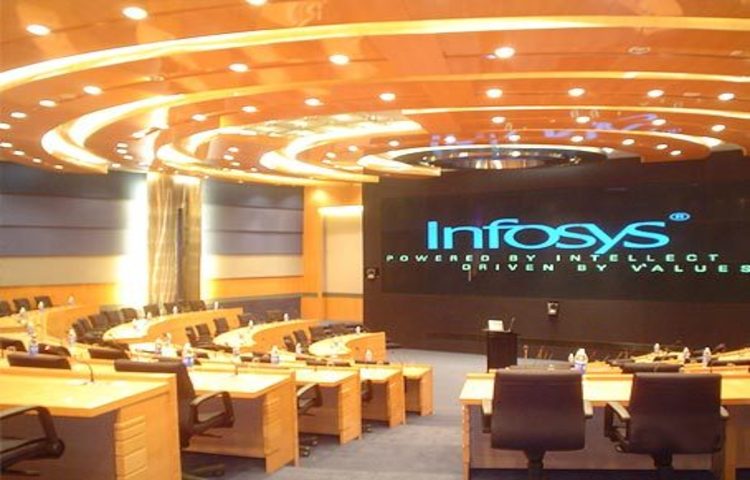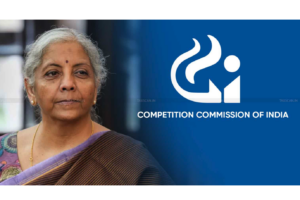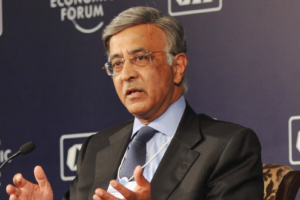
India’s second largest IT firm Infosys Thursday said its board has curated an ‘Expanded Stock Ownership Program 2019’ that proposes to allocate five crore shares to incentivise employees based on performance.
In a regulatory filing, Infosys termed the latest programme ‘2019 Plan’ as being different from previous plan of 2015 where the granted shares largely vested based on time.
Under the 2019 Plan, the grants would vest strictly on performance. Based on that, it is proposed to allocate a maximum limit of five crore shares (about 1.15 per cent of the equity share capital) of the company under the 2019 Plan, it added.
The 2019 Plan will be effective on and from the date of receipt of approval of the shareholders, the filing noted.
This unique plan, which sets out challenging performance criteria aligned to shareholder value creation, will deepen employee ownership of the company. It will also incentivise, retain and attract key talent through this performance-based stock incentive plan amongst an expanded employee base, it said.
At the end of March 2019 quarter, Infosys had a total employee base of over 2.28 lakh people. Its attrition (annualised consolidated) in the said quarter was at 20.4 per cent compared to 19.5 per cent in the year-ago period.
In April, Infosys had said it will roll out an incentive scheme this year for employees equipped with digital skills and will aggressively re-deploy staff on projects offering opportunities to work on new technologies.
This will vest a year from the date of each grant, the filing.
Similarly, it is also proposed that Infosys COO UB Pravin Rao be granted annual performance-based stock incentives in the form of RSUs worth Rs 4 crore that will vest 12 months from the date of each grant.
This program is said to have been built on the strong legacy of meritocracy that was established by the founders, and has strengthened the company’s efforts towards wealth creation for employees, enhanced shareholder returns and delight for customers, Infosys said.
The grants allocated to employees over a period of seven years will be based on challenging performance criteria of relative Total Shareholder Return (TSR) against an industry peer group; relative TSR against domestic and global indices; and operating lead performance metrics.



